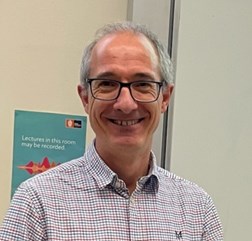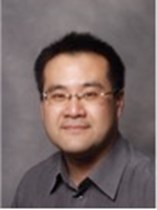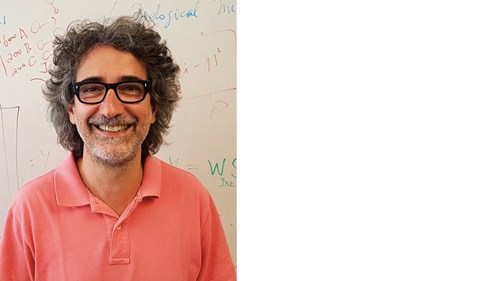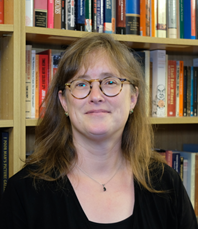The Centre of Gene and Cell Therapy delivers research, teaching and outreach in gene and cell therapy, with a focus on rare diseases of the neuromuscular and central nervous systems.
Gene therapy is the deliberate alteration of the genome or its function to produce a therapeutic benefit. Sometimes cells are modified outside the body, resulting in gene cell therapy.
Academics from the Biological Sciences, Computer Science and History departments work closely together and with external partners to develop novel therapeutics for rare diseases including ataxia telangiectasia, motor neuron disease (ALS) and spinal muscular atrophy, but also for more common ailments like spinal injuries and Parkinson Disease. They also work on the identification of genes responsible for rare diseases and on the repurposing of approved drug treatments for new applications. Additionally, they study the history of rare diseases from antiquity to the Middle Ages.
The key aims of the centre include the training and career development of junior scientists in research, teaching and outreach activities. The outreach programme features a yearly Rare Disease Day event, celebrated alongside the international day.
For more details please visit royalholloway.ac.uk/cgct or contact the Director, Professor Rafael Yáñez.
Here is a film about our annual Rare Disease Day event:
Get involved
Find out which gene and cell therapy projects you can study as part of an MSc Biological Sciences by Research
You can also see what PhD projects we have available here.
Academic Staff
Prof. Rafael J Yáñez-Muñoz
Head of Centre

Rafael Yáñez is Professor of Advanced Therapy in the Department of Biological Sciences. He has extensive experience in gene and cell therapy for both common and rare diseases. He is particularly involved in the development of safer methods, using genome editing (watch a videoclip on his genome editing research) and viral vectors modified to avoid integration in the cellular genome. His latest research is of relevance to neurodegenerative and inherited diseases, including ataxia telangiectasia, spinal muscular atrophy, spinal injury, Parkinson disease and immunodeficiencies. Prof Yáñez is currently the President of the British Society for Gene and Cell Therapy.
Dr Philip Chen
Lecturer in Biomedical Science

Dr Philip Chen's lab is primarily interested in understanding the molecular determinants of drug action at ionotropic glutamate receptors and have been involved in identifying novel antagonists acting at AMPA receptors (Chang et al. 2016 and Augustin et al. 2018). Furthermore, we are also interested in understanding the roles played by novel intracellular proteins on glutamate receptor function (Salim et al. 2019). Recently we have also examined the process of RNA editing and have developed a number of novel antisense oligonucleotides that can modify RNA editing at various transcriptional targets (Chaytow et al. 2021). Current work is exploring the subsequent effect of these oligonucleotides on cellular and neuronal function.
Prof. Alberto Paccanaro
Professor of Computer Science



Alberto Paccanaro is full Professor in Machine Learning and Computational Biology in the Department of Computer Science at Royal Holloway University of London, where he is also Director of the Centre for Systems and Synthetic Biology. He completed his undergraduate studies in Computer Science at the University of Milan and received his PhD from the University of Toronto in 2002, specializing in machine learning under the supervision of Geoffrey Hinton. From 2002 to 2006, he was a postdoc in Mansoor Saqi’s lab at Queen Mary University of London and then in Mark Gerstein’s lab at Yale University. His research interests are in applying and developing machine learning algorithms for solving problems in molecular biology and medicine.
Click here to view Alberto Paccanaro's research profile.
Dr Barbara Zipser
Senior Lecturer in History


Barbara Zipser won a Wellcome Trust University Award, which led to a permanent position. Her main field of research is Greek medicine from Antiquity to the late Middle Ages, with an emphasis on textual criticism, manuscript transmission, and the formation of Greek vernacular terminology. She is currently running an international collaboration between RHUL (History and Geology), Kew Gardens, the PTS Zurich and Haifa. It is a Collaborative Wellcome Award to develop a methodology for the identification of medicinal plants and minerals. She also runs Simon Online (http://www.simonofgenoa.org), a Latin-Greek-Arabic dictionary project in Wiki format.
Click here to view Barbara Zipser's research profile.



















